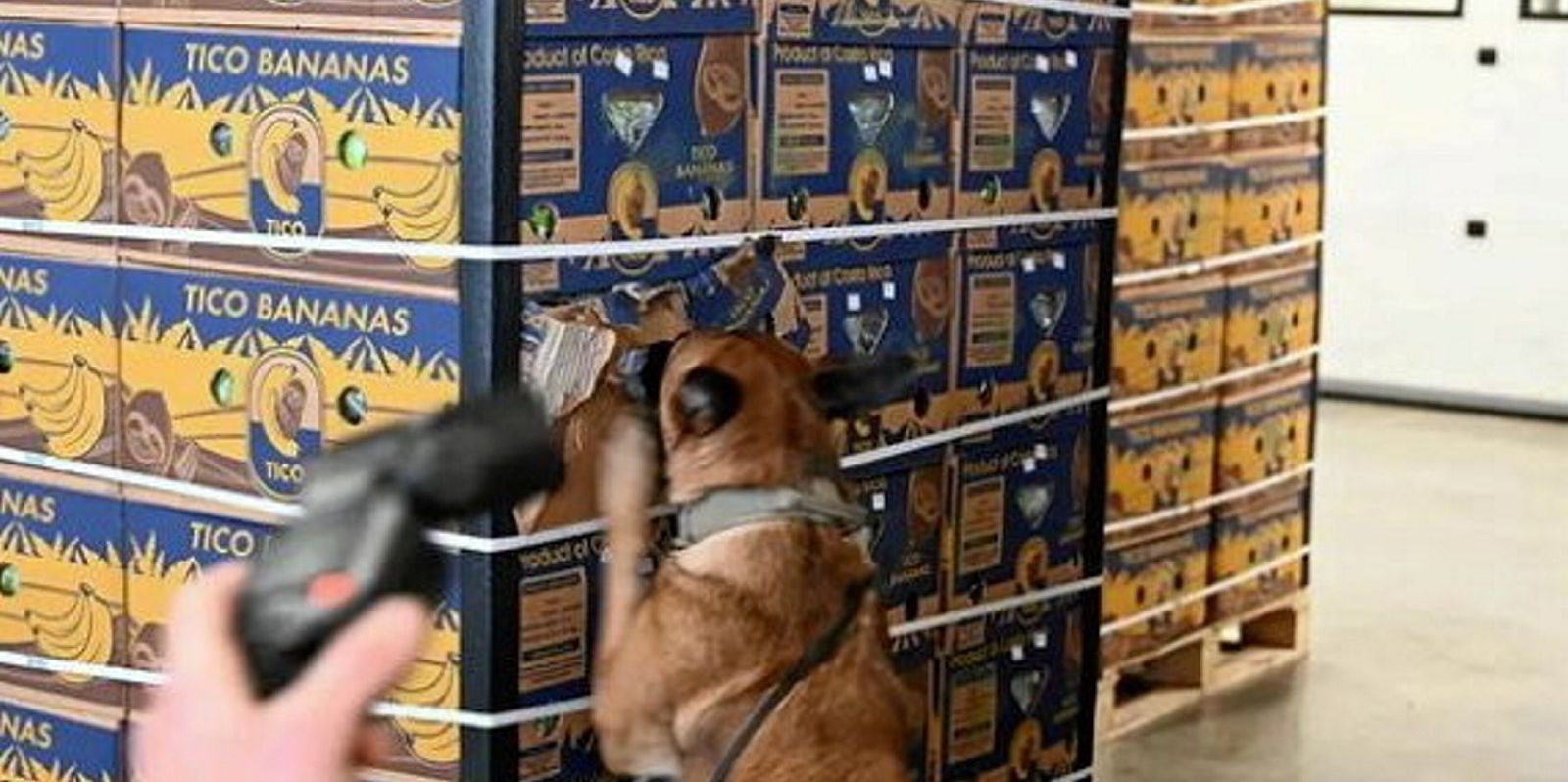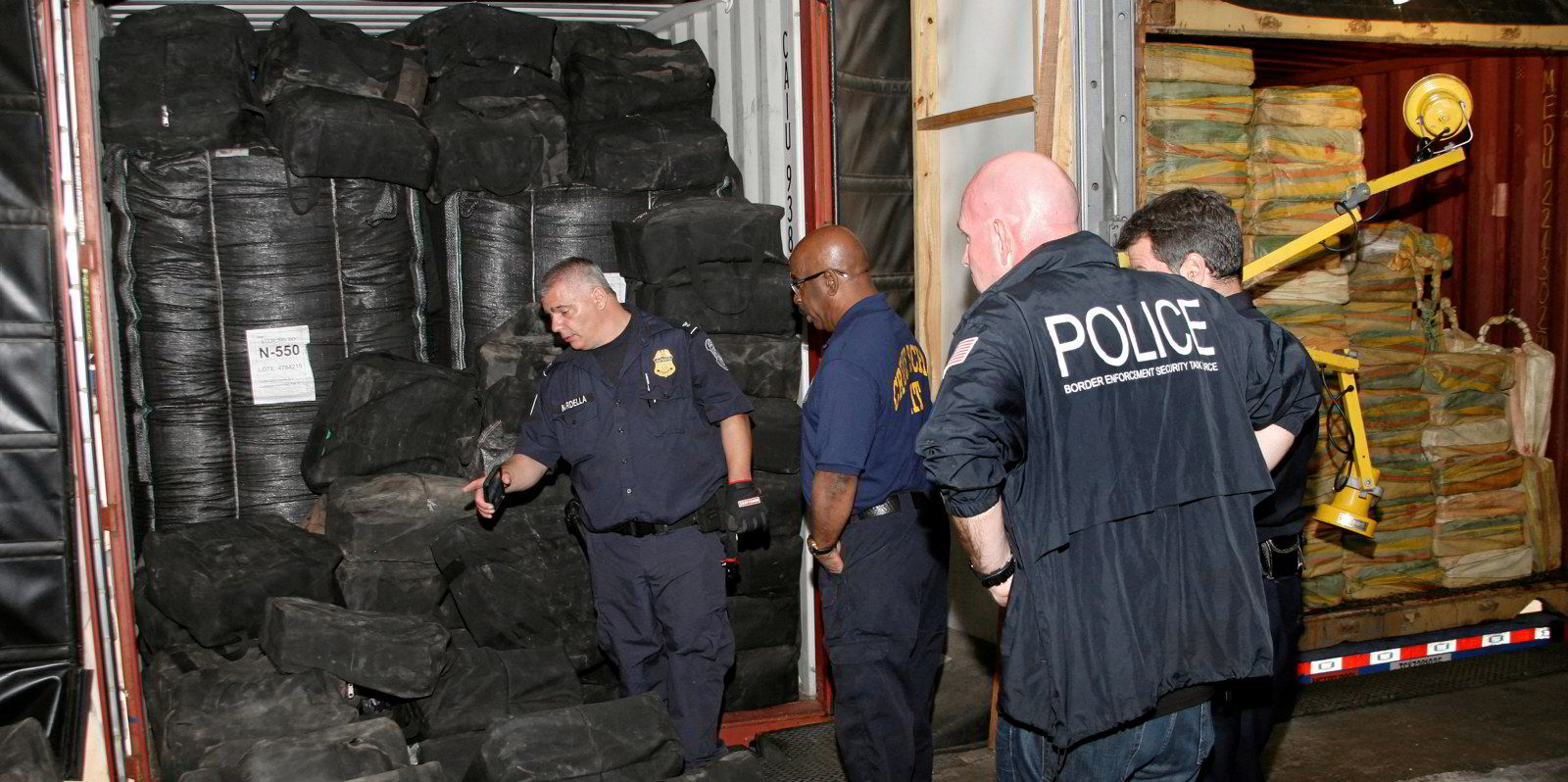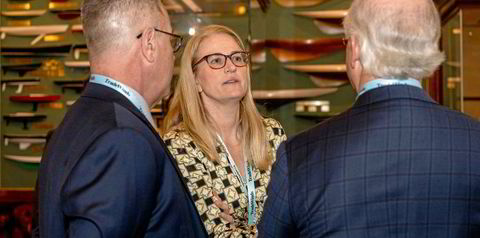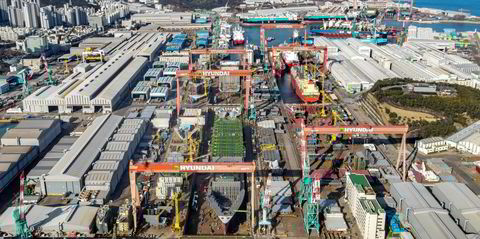More than 200 tonnes of cocaine have been transported through the European Union’s two busiest ports by criminal gangs after they secured unique container codes from corrupt insiders, according to a new report.
European police agency Europol said that the tactic has been growing since 2018 when the port at Rotterdam discovered that containers were going missing, turned up at the wrong places or had been dumped.
Gangs pay hundreds of thousands of euros to corrupt insiders involved in shipping logistics to hand over the unique computerised details of a container that is assigned once payment has been made for transport. The practice is known as PIN code fraud.
The reference code allows a lorry driver pretending to be the legitimate client to collect the container with drugs stowed inside and to drive off with it. Once outside the port, the drugs are recovered and the container is dumped.
The tactic has become popular with drug gangs because it does not need a network of corrupt staff, including managers and crane operators, within a port to make it work. It needs only a driver working for the gang and a corrupt insider able to hand over the code, said Europol.
Ylva Johansson, EU commissioner for home affairs said: “The Europol report on criminal networks in ports illustrates what we are up against.”
The agency worked with authorities at the key ports of Rotterdam, Antwerp and Hamburg to identify the weaknesses in the system and to develop ways of stopping the practice.
Despite increased security at the ports involved in the study, officials warned that the tactic is likely to spread to more than 300 other EU ports where security is less stringent.
It said port authorities and the shipping industry had to work closely together to limit access to the codes and to set up systems to warn of unauthorised access to computer systems.
Port authorities and law enforcement are hampered by the vast scale of trade and the limited number of inspections that can be carried out. More than 90m containers are handled every year by the EU’s ports with only one in 10 from South American countries checked, said the report.
“With many public and private actors having access to port infrastructure and port information, opportunities for infiltration and facilitation of illicit shipments are manifold,” said the report.
PIN code fraud

It said PIN code fraud has gained traction among criminal networks and allowed for “inconspicuous criminal operations”.
Criminal networks have multiple options to obtain the codes as importers, shipping and transport companies, freight forwarders and shipping agents all have access to the codes.
“Basically, all that is needed is a corrupted employee providing the reference code and a truck driver working for a corrupted transporter,” it said.
“It is estimated that at least 200 tonnes of cocaine have been trafficked through these ports using this MO [modus operandi] in the last years.”
Five container liner operators in February promised to improve cooperation with Belgium and the Netherlands to help stem a narcotics tide swamping the ports of Antwerp-Bruges and Rotterdam.
The two governments signed a joint “declaration on the fight against cross-border organised drug crime” with MSC Mediterranean Shipping Company, CMA CGM, AP Moller-Maersk, Hapag-Lloyd and Seatrade Group.
Record drug hauls and an outbreak of street violence have raised public awareness about Antwerp and Rotterdam as major entry points for trafficking into Europe. A record 160 tonnes of cocaine was seized in the two ports combined last year, the overwhelming share in Antwerp.





